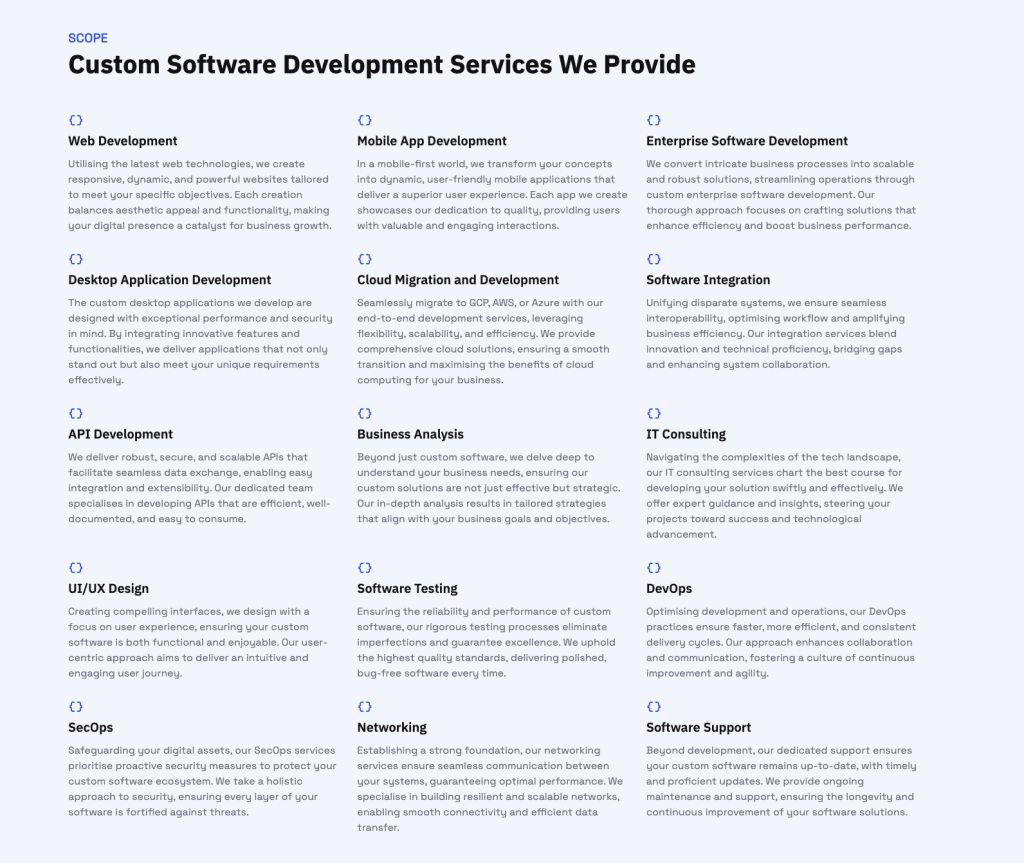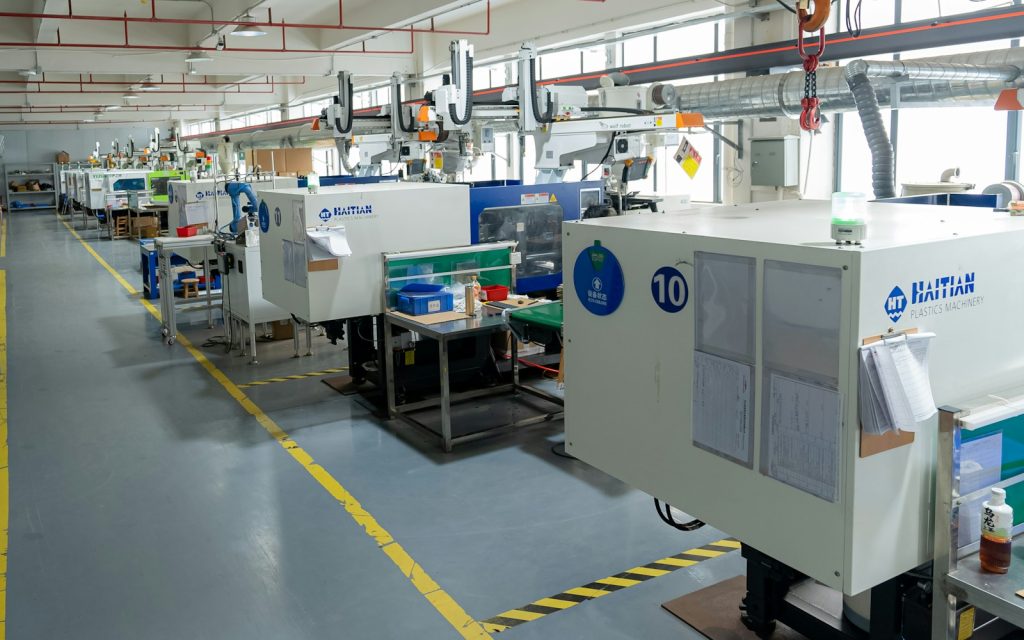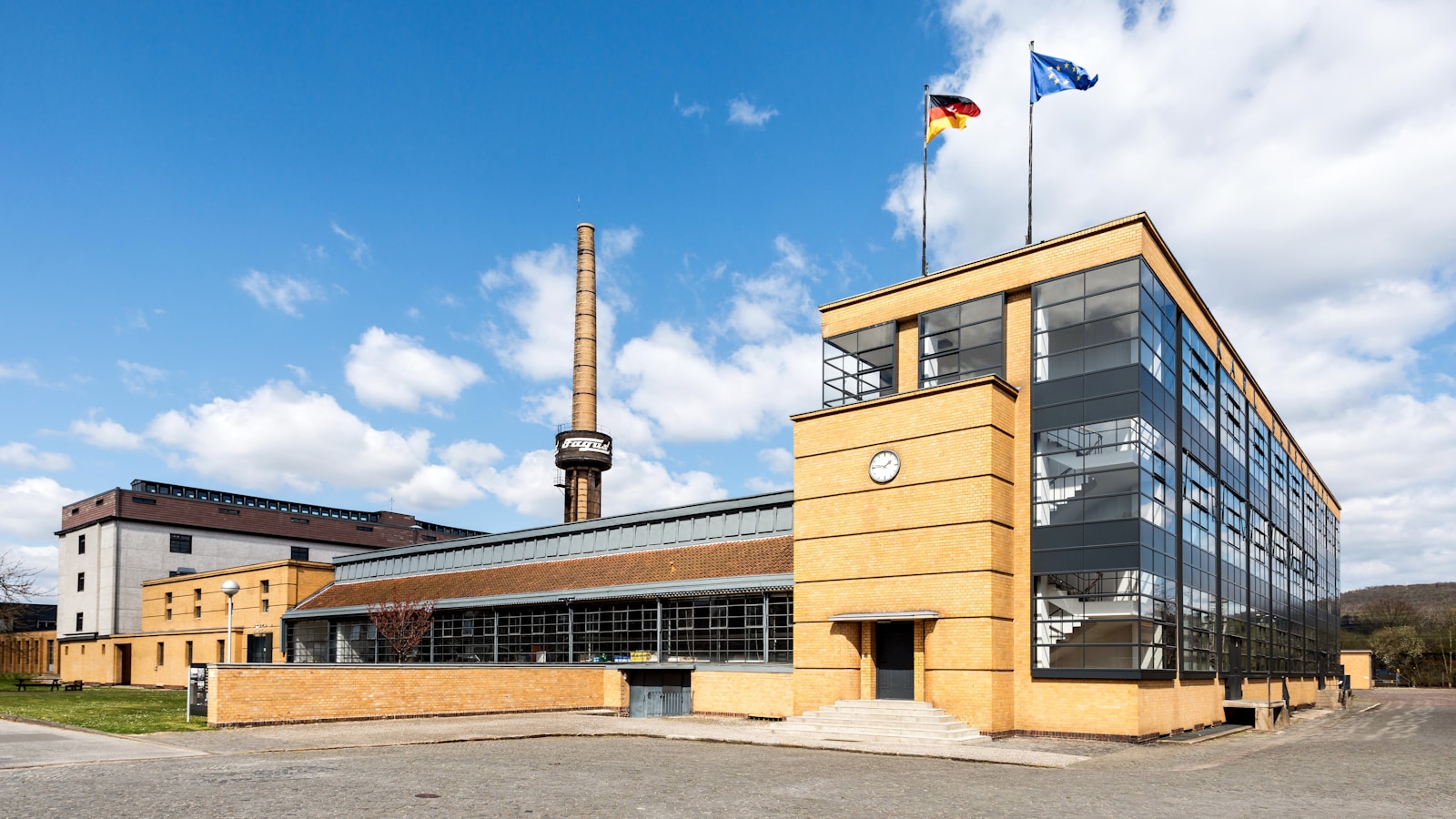German manufacturing has long been regarded as a global benchmark for precision, reliability, and engineering excellence. Yet, despite its reputation for quality and innovation, a critical problem has been quietly undermining progress: legacy code. German manufacturing is being held back by outdated systems that are no longer fit for purpose in today’s fast-paced, tech-driven global economy. And while many companies are aware of the issue, few have taken decisive action.
This blog explores how old code is holding German manufacturers back, why it’s becoming a bigger issue by the day, and what forward-looking leaders can do to break free.
The Legacy Trap: Where Innovation Slows
Legacy systems are not inherently bad. In many cases, they were built to solve problems of the past and did so successfully. But in a digital-first era where speed, scalability, and integration are paramount, these outdated systems become an anchor.

Many German manufacturers still operate on monolithic systems built decades ago. These systems are often rigid, hard to scale, and expensive to maintain. They weren’t designed for today’s cloud infrastructure, modern user interfaces, or the real-time data demands of Industry 4.0. This makes it incredibly difficult to respond to customer expectations, adapt to market trends, or embrace predictive technologies.
The risks extend beyond sluggish performance. As talent pipelines shift, developers familiar with old coding languages are retiring or moving on. This creates a critical knowledge gap, where businesses become dependent on a shrinking pool of specialists who understand how the systems work.
Real Costs of Outdated Software
Let’s be clear this is not just a technical issue. The costs of running outdated software manifest across operations. From delayed product rollouts and frequent downtime to poor user experience and increased cybersecurity risk, the operational toll is significant.
Old code slows down everything from supply chain responsiveness to factory floor automation. Integration with newer platforms is cumbersome, requiring manual workarounds and patchwork solutions that create data silos. And when systems can’t talk to each other, decision-making suffers.
In the current climate of rapid technological change, global competition, and shifting customer demands, the cost of inaction is increasing. German manufacturers that cling to legacy systems are sacrificing speed, innovation, and agility all essential in today’s landscape.
Custom Software Development: A Way Forward
The transition away from legacy code doesn’t have to be painful. In fact, with the right development partner, the process can be incremental, strategic, and aligned with business goals. This is where Dev Centre House Ireland comes in.

Dev Centre House Ireland specialises in helping manufacturers upgrade their digital infrastructure without disrupting day-to-day operations. By focusing on modular, scalable solutions, our teams build custom platforms that replace legacy code with clean, maintainable architecture.
We understand the unique challenges faced by industrial firms: complex regulations, legacy hardware dependencies, and the need for operational continuity. That’s why our approach is rooted in long-term thinking, technical alignment, and agile delivery. Whether you’re looking to modernise internal systems, enable predictive maintenance, or improve traceability, we tailor each build to your needs.
Integration Without Disruption
One of the biggest fears manufacturing leaders have is that any digital overhaul will bring operations to a halt. But modern development doesn’t work that way.
Through incremental rollout strategies, Dev Centre House Ireland enables a smooth transition from old to new. This means you can modernise one module at a time starting with the highest impact areas and see value without waiting for a massive system replacement.
We also prioritise integration with existing machinery and operational software. Rather than forcing a rip-and-replace strategy, we build APIs, data connectors, and interface layers that let old and new systems coexist temporarily. This de-risks the transition and improves ROI from day one.
Talent Shortages? Not a Problem
Another barrier holding back German manufacturing is the difficulty in finding developers skilled in modern frameworks and manufacturing logic. Dev Centre House Ireland solves this by giving you access to cross-functional teams that already understand the industrial space.

From full stack engineers and UX designers to data scientists and DevOps experts, our custom teams are built for delivery. We work as an extension of your internal team, providing the capacity and capability you need without long hiring cycles.
More importantly, we document, transfer knowledge, and leave your teams stronger than before. This reduces long-term dependency and builds internal resilience.
A Stronger Future Is One Build Away
German manufacturing doesn’t need to sacrifice its legacy of excellence to move forward. But it does need to shed the old code that’s limiting potential. The choice isn’t between stability and innovation it’s about building systems that offer both.
By investing in custom development, manufacturers can regain control, enhance performance, and unlock new growth opportunities. And with the right partner, the journey from outdated to outstanding is smoother than most expect.
Dev Centre House Ireland is ready to help you make the leap. Visit our manufacturing solutions page to learn more about how we’re helping Europe’s top industrial firms modernise operations and stay ahead of the curve.
It’s time to leave the legacy behind because German manufacturing deserves software that works as hard as its people do.
FAQ
Question: Why is old code holding back German manufacturing companies?
Answer: Legacy software in German manufacturing creates maintenance challenges, slows innovation, and increases operational risks. Dev Centre House Ireland specialises in modernising these systems to boost efficiency and agility.
Question: What risks do outdated manufacturing software systems pose?
Answer: They cause system failures, security vulnerabilities, and poor integration capabilities. Dev Centre House Ireland helps reduce these risks with robust refactoring and modernisation.
Question: How can German manufacturers modernise legacy codebases effectively?
Answer: Through incremental refactoring, microservices architecture, and cloud migration strategies. Dev Centre House Ireland delivers tailored modernisation plans for manufacturing firms.
Question: Why is modernisation critical for competitiveness in manufacturing?
Answer: Modern software enables faster production cycles, better quality control, and integration with Industry 4.0 technologies. Dev Centre House Ireland supports manufacturers in staying ahead with scalable tech solutions.
Question: What technologies does Dev Centre House Ireland use to update manufacturing software?
Answer: We employ cloud platforms like Azure and AWS, containerization (Docker, Kubernetes), and modern languages like Python, .NET, and Node.js.
Question: Can legacy manufacturing software be replaced without disrupting operations?
Answer: Yes. Dev Centre House Ireland uses phased rollouts and hybrid integration to minimise downtime and risk during transformation.
Question: How does Dev Centre House Ireland address regulatory and security requirements?
Answer: We incorporate GDPR compliance, cybersecurity best practices, and industry standards specific to manufacturing sectors.
Question: What are the benefits of modernising manufacturing IT systems?
Answer: Improved reliability, scalability, automation readiness, and enhanced data analytics capabilities. Dev Centre House Ireland delivers solutions focused on these outcomes.
Question: How does Dev Centre House Ireland help with digital transformation in manufacturing?
Answer: By combining deep industry knowledge with software expertise, we build custom tools and integrations that accelerate digital initiatives.
Question: Are there cost savings associated with modernising old manufacturing code?
Answer: Absolutely. Reducing maintenance overhead and avoiding downtime results in significant savings. Dev Centre House Ireland focuses on ROI-driven modernisation.
Question: What challenges do German manufacturers face during software modernisation?
Answer: Complex legacy systems, skill gaps, and cultural resistance. Dev Centre House Ireland provides expert teams and change management support to overcome these.
Question: Can small and mid-sized manufacturers benefit from modernisation?
Answer: Yes. Dev Centre House Ireland tailors solutions for businesses of all sizes to improve efficiency and competitiveness.
Question: How long does a typical modernisation project take?
Answer: Projects vary but usually run from 3 to 9 months with agile delivery and continuous feedback.
Question: Why partner with Dev Centre House Ireland for manufacturing software updates?
Answer: Our expertise in EU regulations, nearshore delivery, and deep technical skills make us a trusted modernisation partner.
Question: Where can German manufacturers learn more about modernising legacy software?
Answer: Learn more at https://www.devcentrehouse.eu/de.
